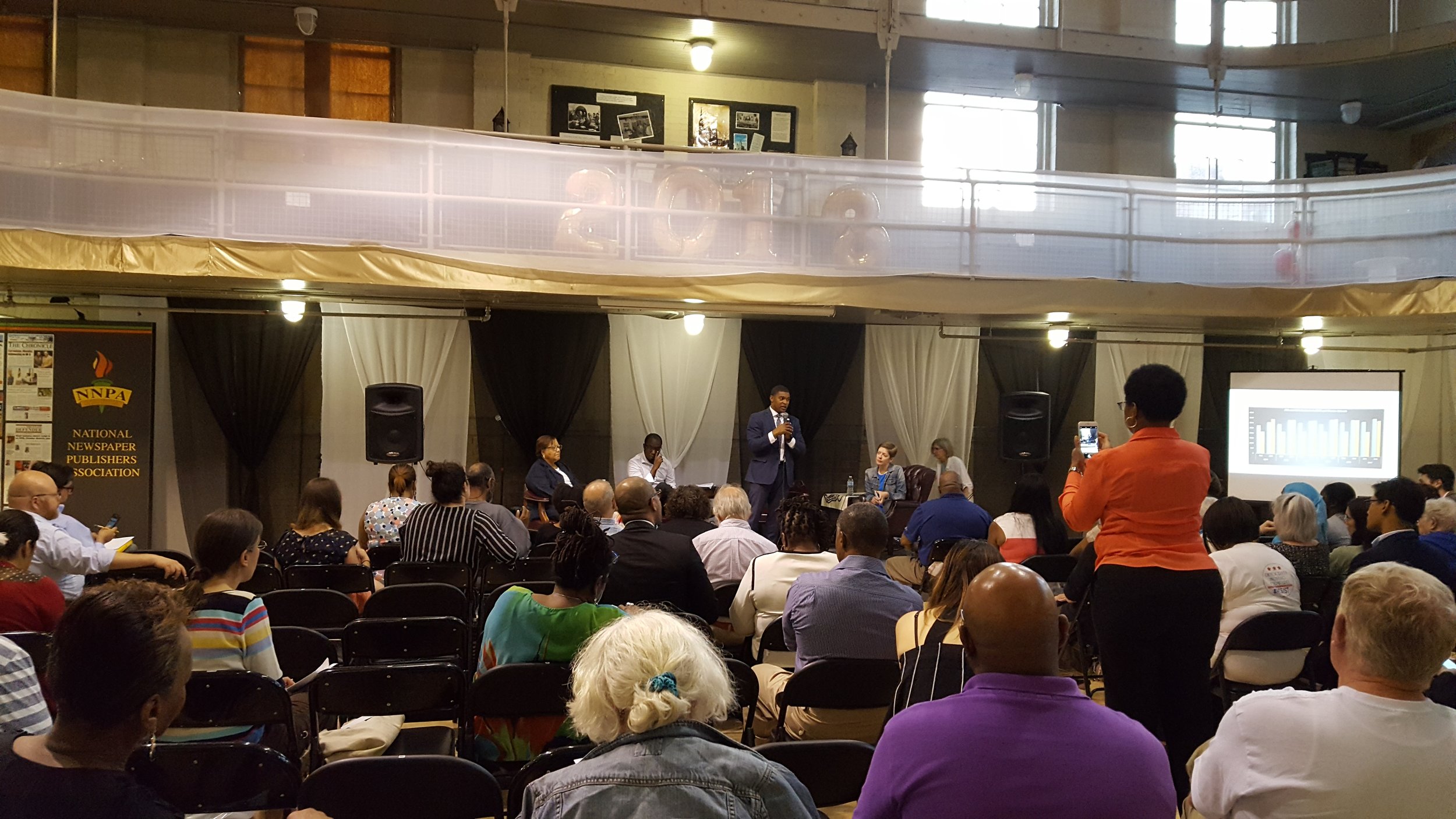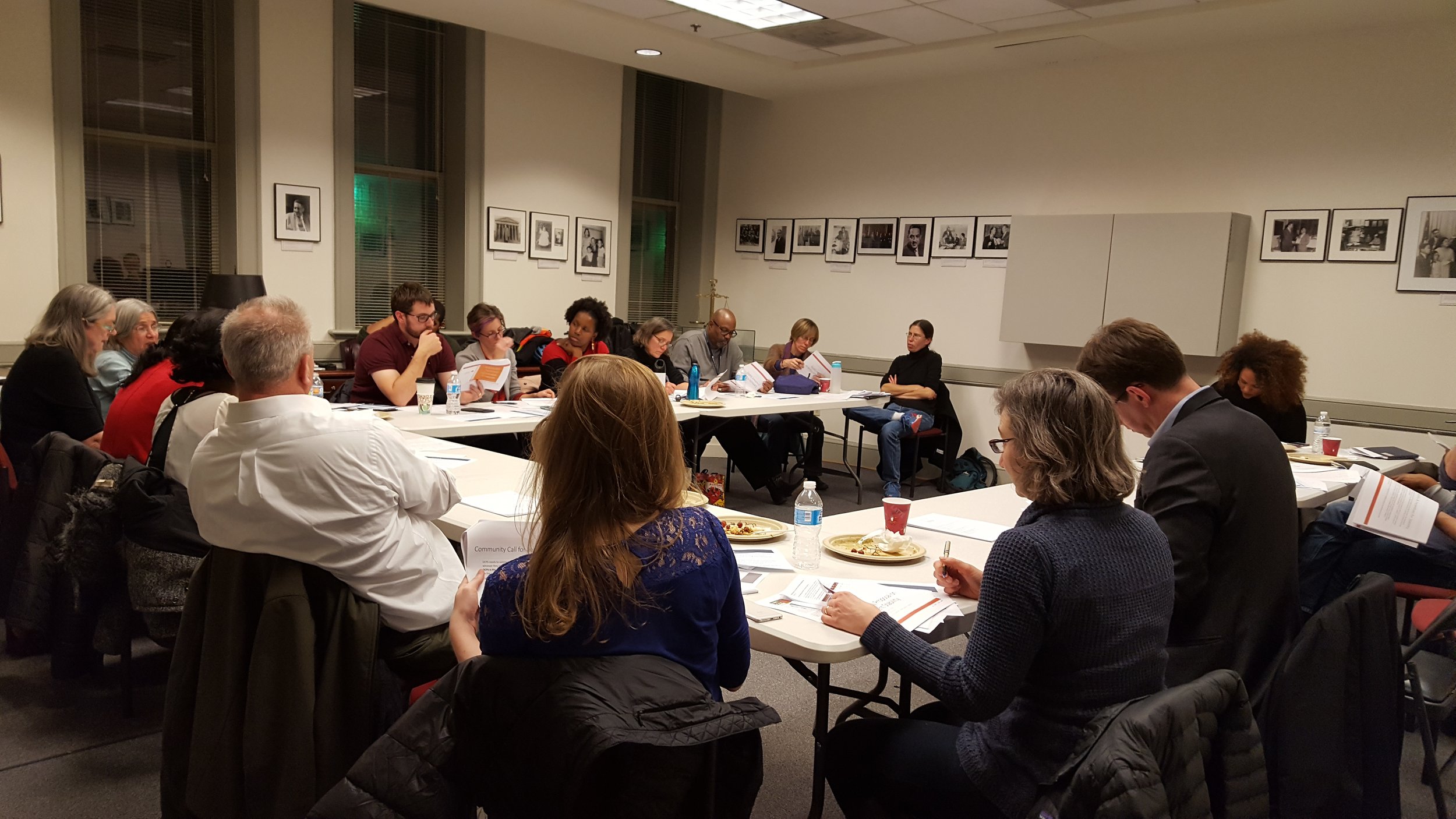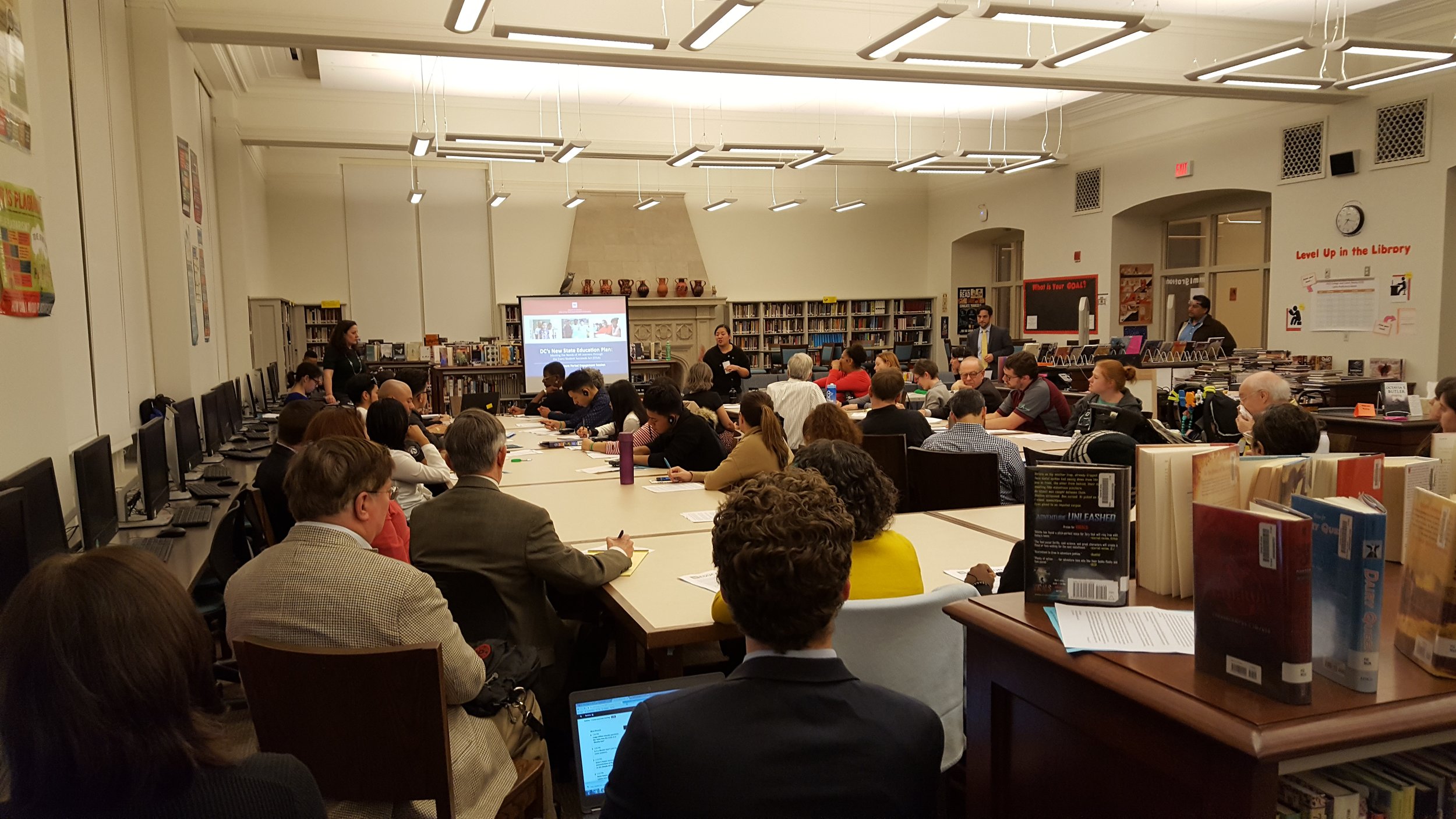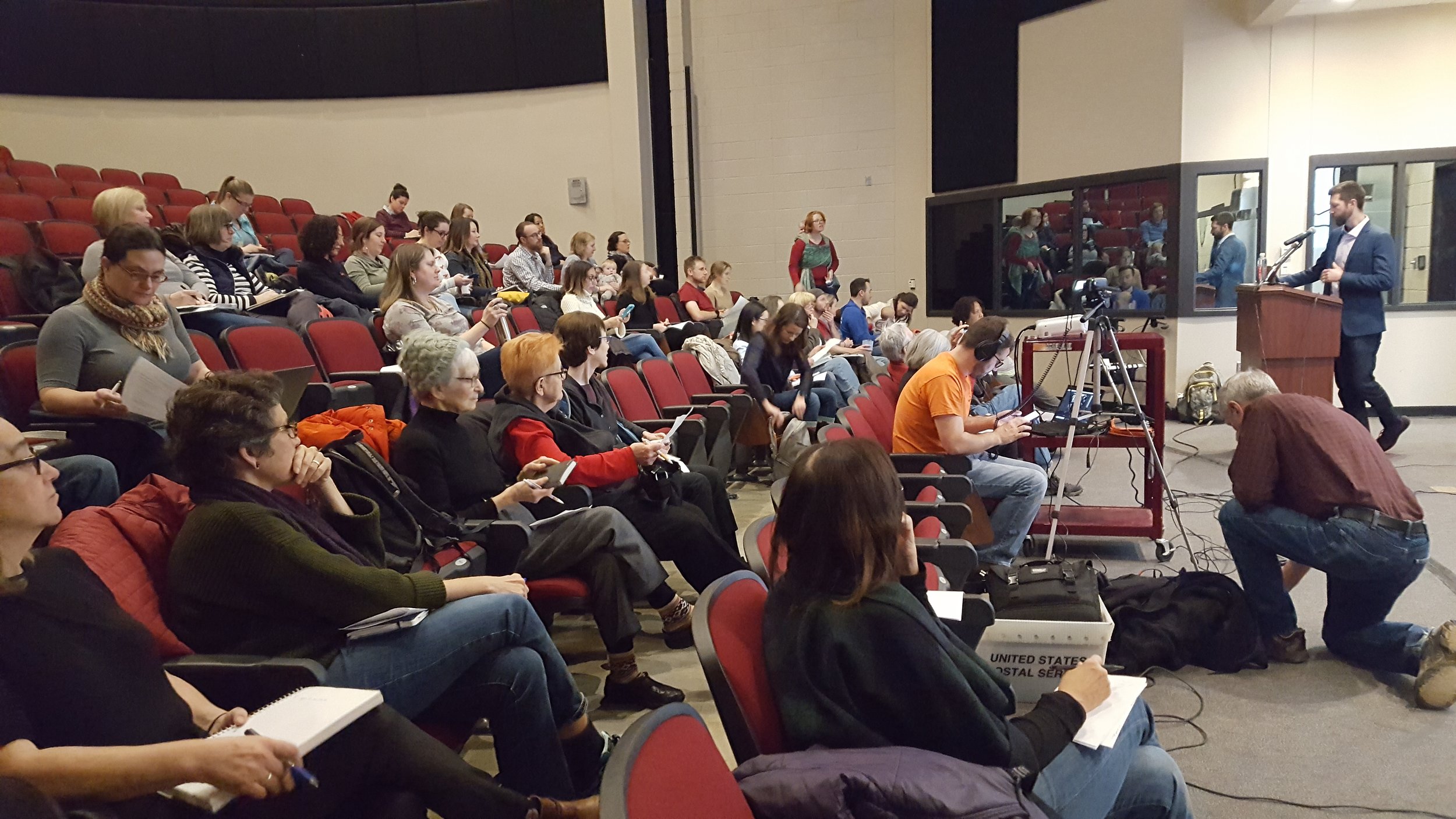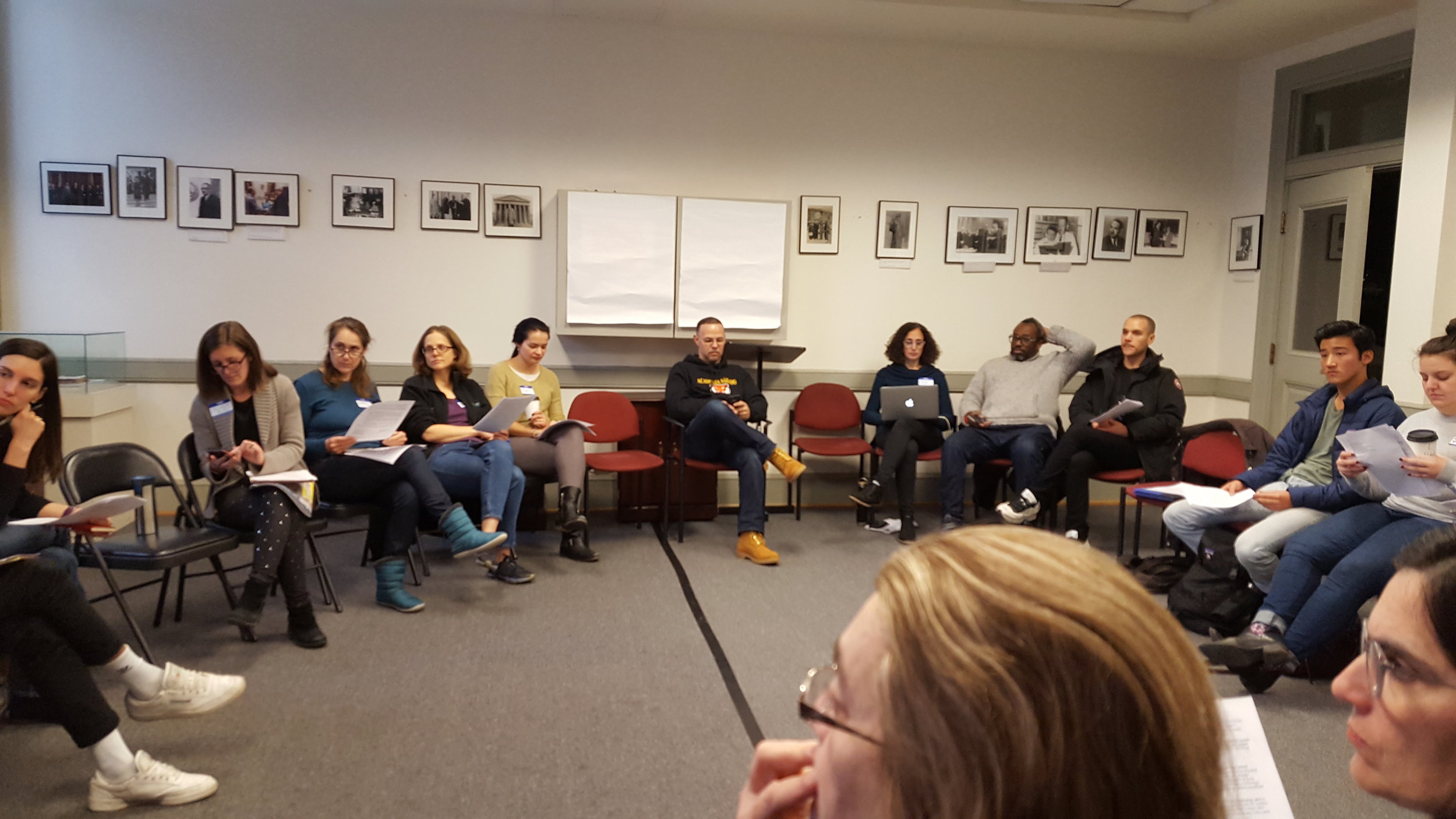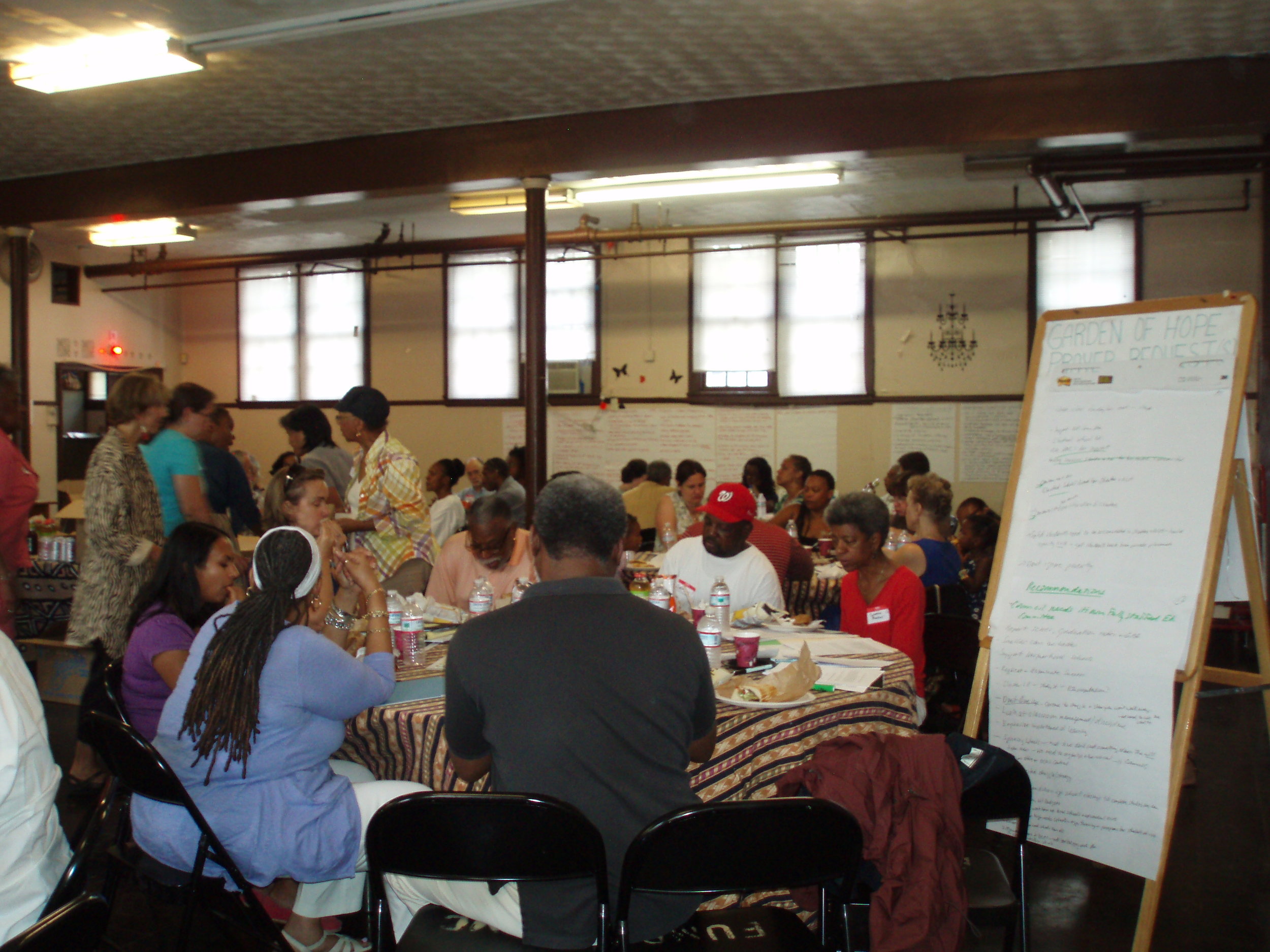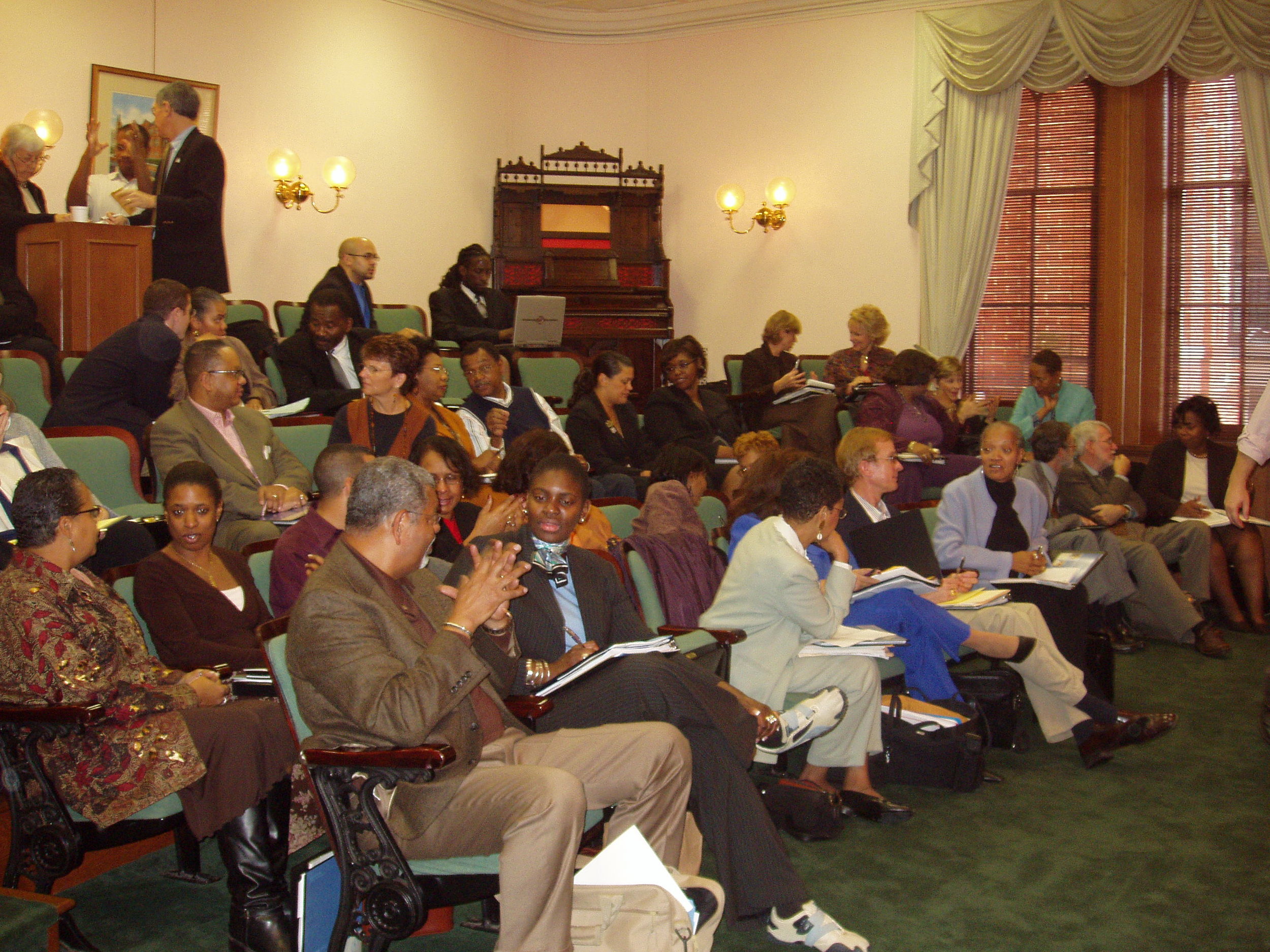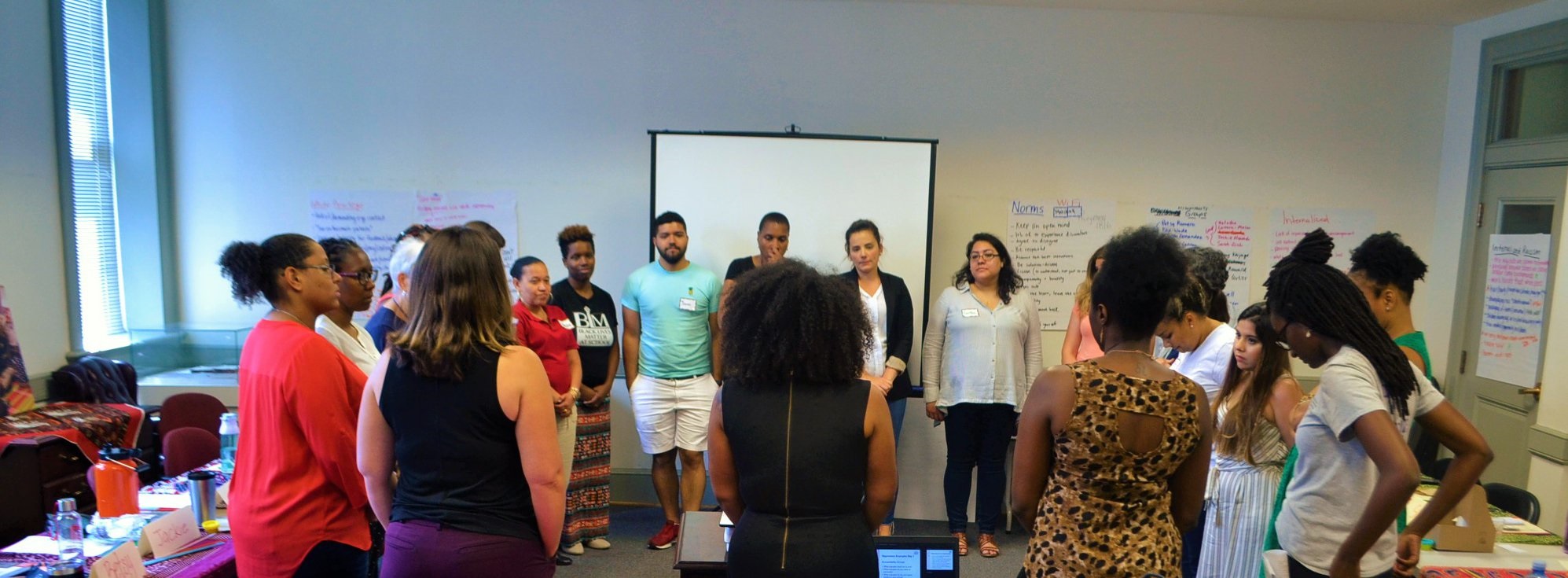A More Equitable Way to Fund Schools Building Maintenance and Operations Costs
/The way we fund school building maintenance and operations (M&O) structurally disadvantages DCPS. It requires DCPS to spend more – to the tune of $558 per student (or $28.6 million a year overall) -- from their funds, which are needed to serve students, than the charter Local Education Agencies overall spend of their funds.
The Council should address this structural unfairness in the budget for FY21. It can do so by moving to pay DCPS utility expense (around $23.7 million a year) outside of the Uniform Per Student Funding Formula (PSFF)
M&O costs are different than the costs of instruction, support and administration covered under the Uniform Per Student Funding Formula (UPSFF). Determining how many teachers, support professionals and administrators are needed is a function of the number and characteristics of the students. M&O cost is largely a function of the size, age, condition and mix of uses of the building and grounds.
Fitting such costs into the UPSFF has always required putting a square peg into a round hole. Indeed, the Adequacy Study consultants at the time grappled with how to do it,[1] and came up with a way that they knew underfunded DCPS and overfunded charter schools, even as experts urged that such costs not be included in the UPSFF, but paid separately.[2]
As it happens, both the charter sector and DCPS M&O costs are borne partly through UPSFF funds and partly through other sources. The result, however, is that DCPS must use approximately $1042 per student of its UPSFF dollars for M&O while the charter sector on average uses around $484 per student.
This may seem counter-intuitive because charter advocates have long argued that the facility allocation is not sufficient to cover occupancy costs.[3] But what is lost in that charter sector complaint is that charter reported occupancy cost includes M&O cost.
In their individual audits, Charter LEAs reported $45.5 million in M&O cost, including maintenance, repairs and utilities, in their reported occupancy cost.[4] These costs are captured by the $50 million reported as “other occupancy” in the audit of the sector as a whole.[5]
When M&O costs (which charter advocates in their dismissed lawsuit claim should be funded through UPSFF dollars for DCPS) [6] are taken out, on average the facilities allocation more than covers the other categories of occupancy cost for charter LEAs.
Total Per Student
Reported Occupancy Cost $162.2 million $3,742
Facilities Allocation (Blend of $3193 and $8621) $141 million $3,253
Reported M&O Cost $45.5 million $1,052
Occupancy w/o M&O $116.7 million $2,690
M&O covered by Facilities Allocation $24.3 million $568
Purported Shortfall (M&O covered by UPSFF) $21.2 million $484
If, as charter advocates have argued, M&O should be paid exclusively through the UPSFF, then the charter facilities allocation overfunded charters by around $24.3 million in FY18. This may contribute to the fact that the charter sector as a whole has accumulated current assets of $436 million according to June 30,2018 financial reporting and those holdings grow by $40 million to $50 million a year.[7]
In FY18, the charter sector had around $21.2 million (or $484 per student) in M&O cost not covered by the facilities allocation that had to be covered by UPSFF dollars.
For DCPS as well some M&O cost is borne outside of the UPSFF and some inside it. [8]
FY20 Total FY20 Per Pupil
DGS (Repair & Maintenance) $27,538,000 $536
DCPS Central (Utilities) (UPSFF) $23,747,402 $463
DCPS School Budgets (Custodians) (UPSFF)
$29,731,56 $579
Total $81,016,96 $1,578
Thus, DCPS must fund $1042 per student in M&O cost ($463+ $579) with UPSFF dollars while charter LEAs on average must devote $484 per student.
DCPS starts with at least a $558 per student structural deficit to serve students.
The Council can remedy this structural unfairness by paying for DCPS utility cost with funds outside the UPSFF and in doing so free up around $23.7 million for DCPS to serve students.
Taking this step would: (1) address a disparity acknowledged in the Adequacy Study; (2) create parity between the sectors and (3) bring our UPSFF funding up close to the inflation-adjusted Adequacy Study recommended levels.
Over the longer term, the Mayor and Council should look at funding actual occupancy cost for all LEAs to ensure that our tax dollars are used wisely and every student is served in an excellent and well-maintained campus.
But this year, at a minimum, we can and should make this practical fix.
[1] See Adequacy Study (Letter to Stakeholders) here, (System Level Findings at 80-81) here and (Cost of Education Adequacy at 102-103) here.
[3] See Charter 2018 Financial Audit Review (FAR) Audit at 2 here.
[4] See Worksheet here, and here for all charter occupancy costs in FY17 and FY18.
[5] See Charter 2018 FAR Audit at 8 here.
[6] See Charter Lawsuit Complaint at para. 52 here.
[7] See Charter 2018 FAR Audit at 5 here.
[8] For the DGS funded DCPS M&O, see DGS FY20 Budget at Table AMO-4 here. For Central funding for utilities, see Worksheet developed by Mary Levy from FY20 budget materials here. For DCPS funding for M&O through school budgets, see here summing the columns for custodians. There may be other school M&O costs paid by Central using UPSFF dollars and the figures for school funded M&O does not include the cost of custodial supplies and overtime, so those cited figure are conservative.
